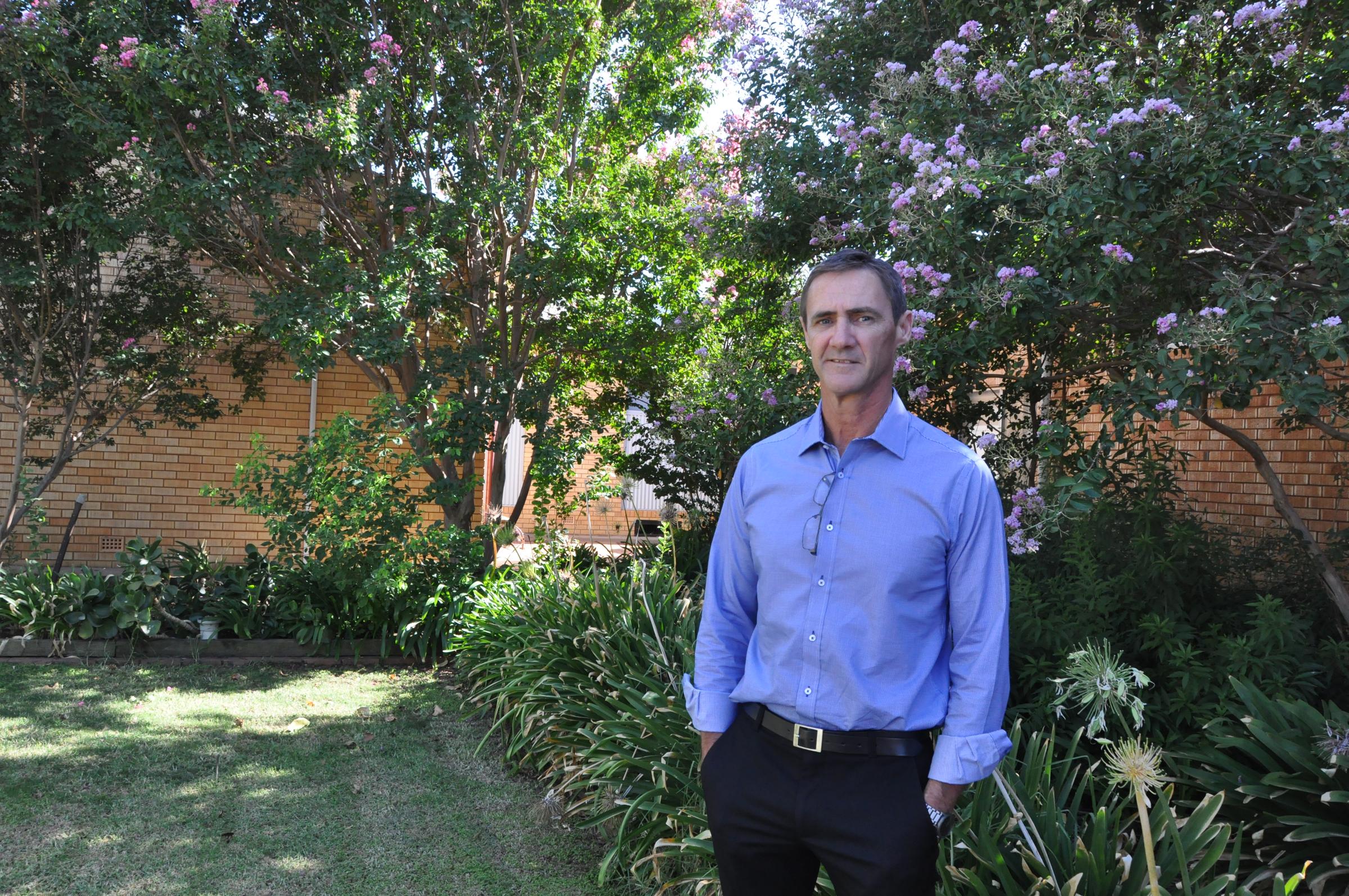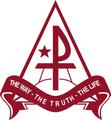Leader of Curriculum

Minimum Standards have been introduced by NESA as a requirement for all students to complete to receive a Higher School Certificate credential. With this in mind, it is important that all students are informed of the process and provided with every opportunity to reach this standard.
All year 10 have been presented with the following information:
1. You need to meet the minimum standard to receive the Higher School Certificate.
To show you meet the standard you need to:
- Achieve level 3 or 4 on the online reading test and
- Achieve level 3 or 4 on the online writing test and
- Achieve level 3 or 4 on the online numeracy test.
2. The Australian Core Skills Framework (ACSF) divides the standards into 4 levels
(Level 1 to Level 4).
Students must reach a minimum of level 3 to have the basic Reading, Writing and Numeracy skills needed for everyday life.
It includes skills for tasks such as:
- following safety instructions in equipment manuals
- understanding a mobile phone plan
- writing a job application
- creating a personal weekly budget.
3. Each test is 45 minutes in length
- The Reading Test involves 45 multiple choice questions
- Adaptive — meaning it tailors to a student's ability. Questions become harder or easier depending on whether a student is answering questions correctly or incorrectly.
- Marked electronically according to the achievement level descriptions
- The Numeracy Test involves 45 multiple choice questions
- Adaptive — meaning it tailors to student's ability. Questions become harder or easier depending on whether a student is answering questions correctly or incorrectly.
- Marked electronically according to the achievement level descriptions
- The Writing Test is based on a prompt
- One question based on a visual or text prompt with up to a 500 word-response
- Marked by trained markers according to the achievement level descriptions and the following, equally weighted, criteria: relevance of writing to the topic; structure and sequence of ideas and control of language
4. Students can sit the tests in:
- Year 10 (2 attempts)
- Year 11 (2 attempts)
- Year 12 (2 attempts)
- You then have a further 3 years to pass the tests after the HSC
Once you have reached level 3 in any test, you DO NOT need to sit that test again.
5. All students, regardless of whether they have met the HSC minimum standard, can:
- Study HSC courses
- Sit HSC exams
- Receive HSC results
- Get an ATAR
- Receive the RoSA credential
6. All year 10 students will be provided with the opportunity to sit a practice test for each of the standards. These practice tests, followed by the actual tests, will be conducted on the following days:
Practise Tests (Hall):
- Wednesday 22/7
- Period 1 Reading
- Period 3 Numeracy
- Thursday 23/7
- Period 1 Writing
Minimum Standards Tests (Hall):
- Monday 27/7
- Period 1 Reading
- Period 3 Numeracy
- Tuesday 28/7
- Period 3 Writing
7. Students can prepare for these tests and obtain more information about them by visiting the following links:
- Students can follow the link on the NESA website:
- http://educationstandards.nsw.edu.au/wps/portal/nesa/11-12/hsc/hsc-minimum-standard
- Select the link at the bottom of the page:
- Then select the links:
It is important that all students are present on these days, as students will not be given another opportunity to complete these standards till Term 4. We will then continue to provide two opportunities each year for those students who were absent or have not yet met one or more of the standards.
A letter to a Year 10 student from Australia’s Chief Scientist
The Australian Chief Scientist, Alan Finkel, calls himself “the incurable engineer”. Here, he responds to a letter he received from a concerned high school student.
Dear Julie,
You lamented that you are anxious about your subject choices for Years 11 and 12. You’re not alone! These are important decisions and there’s lots of confusing advice around.
In my career I’ve been an academic researcher, a businessman, a university chancellor and now a government adviser. Based on this experience, some warm advice …
For starters, build a solid foundation to keep the doors of opportunity open. This means building your expertise in the two fundamental subjects: English and mathematics. Neither can be picked up easily later in life. They are best learned layer upon layer, from prep school through to Year 12.
Mastery of language is crucial to succeeding in whatever you do – whether it’s writing a report to advise the government on electricity markets or a job application. Your ability to “win friends and influence people” will only be as good as your language skills. The best way to hone them is to read a lot, and read some more. Novels, histories, science-fiction – it doesn’t matter, just read!
Mathematics is the language of science and commerce. I can’t overemphasise that for many tertiary study fields you must have strong knowledge of mathematics. These include medicine, science, engineering, economics and commerce. If you like, you can look at it from a fundamentalist point of view: in the beginning, there was mathematics, and mathematics begat physics, and physics begat chemistry, and chemistry begat biology, and biology begat commerce.
With the basics in place, next choose subjects that will stretch you. Why is breadth a good thing? In my case, I studied sciences and mathematics right through but I also picked up Year 12 Economics, which helped me in business and policy development. You’ll find it easier if you choose subjects you like, although my own experience is that nearly all subjects (even economics) are interesting once you knuckle down and get past the initial barriers.
What’s left? We’re not just intellectual robots. We are a complex fusion of mind, body and emotion. Besides English and mathematics, there are two other fields that you should keep up as long as you can, even if you don’t do them as formal subjects. These are music, the language of the emotions, and sport, the language of the body. Music and sport complete us as human beings, and like English and mathematics they are incredibly difficult to pick up later in life.
I don’t know why, but some well-meaning advisors will suggest that you pick easy subjects so that you will achieve a higher raw score. Don’t do that! You won’t be doing yourself a favour, you’ll be diminishing your long-term prospects. Instead, choose the enabling subjects, the ones that will keep the doors of opportunity open. Every time you drop an enabling subject – bang! a door of opportunity slams shut.{%recommended 6921%}
You’ll hear lots of talk about “21st Century skills”, such as resilience, clear thinking and collaboration. These are important, but truth is, these were 20th Century skills, too. I learned them, a long time ago. They are important, but they are useless unless you study demanding subjects through which you can practise these skills. It’s like playing basketball – you need to know the rules and on-court behaviour – but unless you practise you won’t make the team.
There is no substitute for raw knowledge, even in the age of internet search. After all, there is no use learning to collaborate if you don’t have anything distinctive to contribute.
Another way to build these 21st Century skills is by volunteering to do some community service or taking a casual job, perhaps at McDonald’s or a local café.
To finish, two comments about careers.
First, be aware that employers look for “T-Shaped” individuals, where the vertical pole of the T represents deep discipline-specific knowledge and the horizontal bar of the T represents 21st Century skills. Restrict your focus to one or the other and you will be limiting your employment options.
Second, the era in which your tertiary studies determine your lifelong career is over. You might do science but pivot into business. You might do engineering but pivot into politics. You might do accounting but pivot into a job that hasn’t been invented yet. The critical thing is to do your initial tertiary studies really well – that’s how you hone your skills – then after that, in the workforce, it will be easy to pivot from one career to another.
There is, of course, much more to a fulfilling life than these suggestions, but I trust that they will help.
With warm regards,
The Incurable Engineer
Regards
Mr J Seers
Leader of Curriculum


